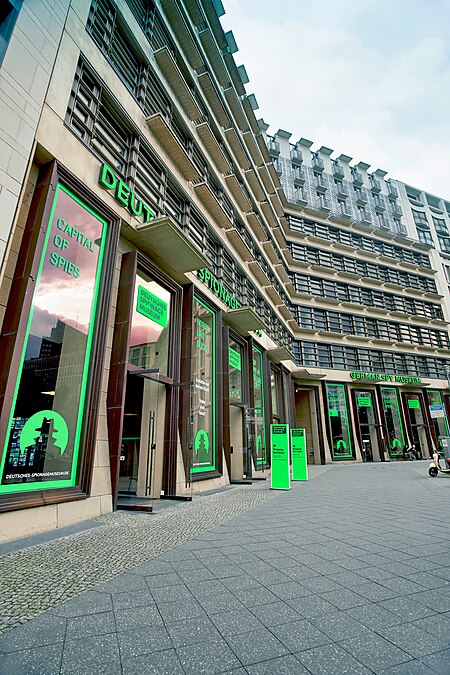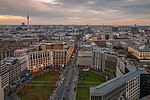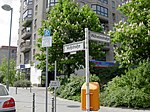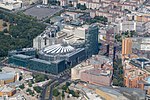Berlin Spy Museum

The Berlin Spy Museum is a private museum in Berlin which was created by former journalist Franz-Michael Günther. The museum opened to the public on the 19th of September 2015. Günther's aspirations were to create a museum devoted to the history of spies and espionage in the former spy capital of Germany. The museum is located in the central area of Potsdamer Platz, formerly known as the "death strip", as it lies on the perimeters of the wall which once divided East and West Berlin. The museum acts as an educational institution, with its permanent exhibitions bridging together centuries of espionage stories and tactics, immersing visitors in a multi-media experience. The museum particularly focuses on the World Wars and the Cold War through a range of a 1000 different exhibits and artefacts. Since its opening in 2015, 1,000,000 people have visited the museum and recently in 2020 it was nominated for the European Museum of the Year Award. The Berlin Spy Museum is partnered with the International Spy Museum in Washington, D.C., and many of the artefacts and installations within the museum have captured media attention around the world.
Excerpt from the Wikipedia article Berlin Spy Museum (License: CC BY-SA 3.0, Authors, Images).Berlin Spy Museum
Leipziger Platz, Berlin Mitte
Geographical coordinates (GPS) Address Website Nearby Places Show on map
Geographical coordinates (GPS)
| Latitude | Longitude |
|---|---|
| N 52.5089 ° | E 13.379 ° |
Address
Botschaft der Republik Südsudan
Leipziger Platz 8
10117 Berlin, Mitte
Germany
Open on Google Maps









